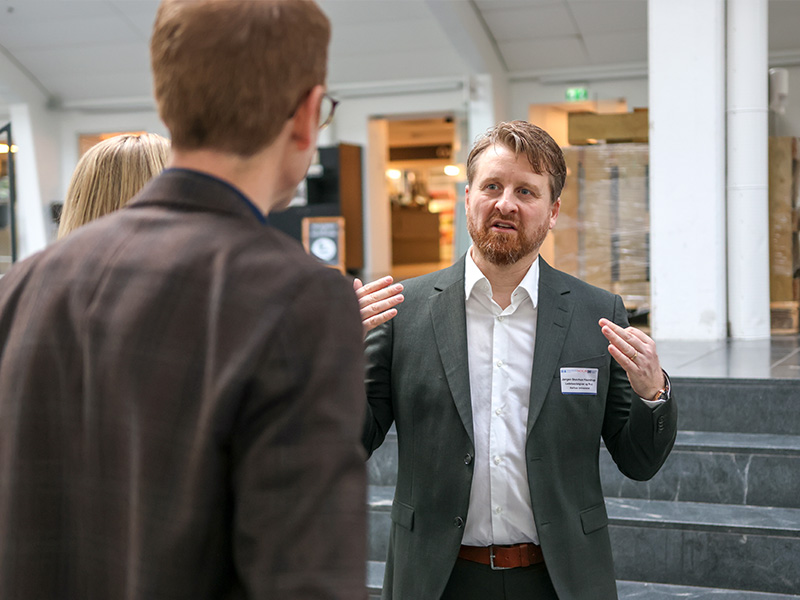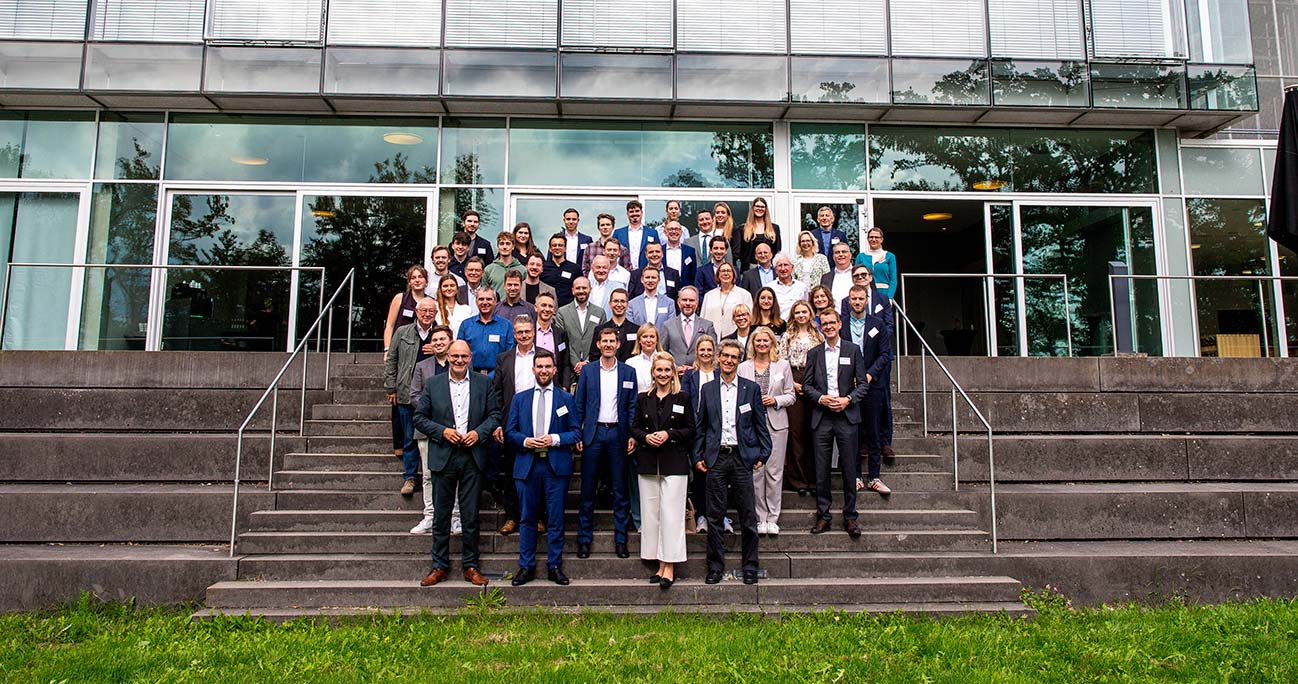A research article about some of the research results from the LEVO project has just been published in the renowned International Public Management Journal (IPMJ).
Organisations invest in leadership training to develop employees and strengthen performance. Unfortunately, research shows that leadership training often does not achieve the desired effect.
The article demonstrates that leadership training can have significant positive effects when the training is supported by digital leadership tools that nudge the implementation of the new leadership insights.
At the same time, the article shows that this type of leadership development process has stronger effects than comparable leadership development processes without implementation nudging.
A third key point is that even relatively few hours of leadership training can have positive effects when the training is combined with "just-in-time" nudging delivered by digital leadership tools.
Chief Executive Officer Jørgen Skovhus Haunstrup is the author of the research article together with Ulrik Thy Jensen, who is Associate Professor at the Center for Organization Research and Design, School of Public Affairs, Arizona State University.
"We are very pleased to have the article published in a renowned international journal like IPMJ. It gives us the opportunity to bring our results into the research community, and I also hope it can help to ensure that the insights are put into play among HR professionals and leaders," says Jørgen Skovhus Haunstrup.
The insights are based on the LEVO project, which is a 15-month long field experiment carried out together with 226 Danish public leaders and their 4,442 employees.
About IPMJ
International Public Management Journal (IPMJ) is a recognised international research journal that publishes high-quality research about leadership – especially in public organisations. Contributions from researchers around the world cover topics such as public leadership, organisation theory and organisational behaviour. The journal seeks to build a bridge between leaders and public organisations on the one side and researchers in leadership, organisation theory and organisational behaviour on the other.

.png)
.png)
